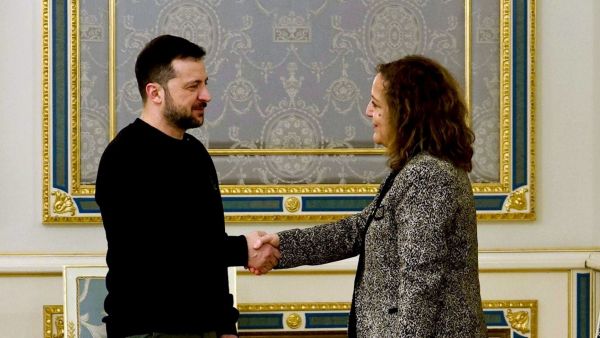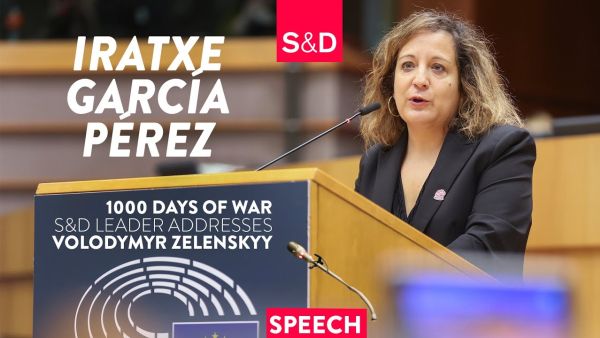Following reports in the press that the German government is reluctant to sign the EU-Canada Comprehensive Economic Trade Agreement (CETA) as it currently stands, the S&D Group calls for further efforts to conclude this agreement but invites the Commission to seriously consider withdrawing the investor-state dispute settlement clause from the final text. The inclusion of this clause seems to be the main controversial point in the CETA text for the German government.
The EU and Canada have been negotiating the agreement since 2009. It covers various sectors ranging from agricultural to goods, services, intellectual property rights and public procurement and sustainable development.
The text will be sent to national EU national governments for examination this week.
Commenting on the latest developments, S&D spokesperson for international trade, David Martin, said:
"EU member states are about to initial the EU-Canada Comprehensive Economic Trade Agreement (CETA), which would be a positive agreement bringing opportunities for growth and jobs on both sides of the Atlantic.
"However, the agreement contains a controversial clause that allows multinational companies to bring international arbitration cases against governments – the so-called investor-state dispute settlement (ISDS). Our Group has always opposed the inclusion of this clause and we have expressed our opposition in a letter to EU Commissioner De Gucht.
"It is good news, but also not surprising, that the German government is reluctant to move forward with the agreement if it contains the investor-state dispute settlement clause.
"Existing ISDS cases which have come to light have shown how much power corporations have wielded in the name of profit. It is time the EU followed the Australian example and scrapped ISDS."
He continued by putting the CETA in the wider context of the TTIP negotiations:
"The EU-Canada Trade Agreement would be an important precedent for the Transatlantic Trade and Investment Programme (TTIP) currently being negotiated between the EU and the United States.
"The European Commission has launched a civil society consultation process on ISDS in TTIP to which over 100,000 stakeholders have replied. We regret that a similar consultation process has not been held on the CETA and that an agreement with an identical clause will be signed without any further public scrutiny.
"The CETA has already been delayed for too long. A trade deal between the EU and Canada has the potential for great economic benefits and it should not be put in jeopardy for the sake of an unnecessary investment clause."
Bernd Lange, S&D member and chairman of the EP's international trade (INTA) committee, concluded:
"The Commission would be well advised to listen to the concerns of the European Parliament and take them into account. In the end, it will be up to the Parliament, the democratic conscience of EU trade policy, to decide whether or not to ratify CETA. "










